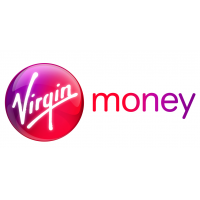
Hargreaves Lansdown said this put the company at the bottom of its price range through the premium listing segment of the London Stock Exchange.
The offer is expected to raise total gross proceeds of between approximately £312m and £344m.
Virgin Money will receive in the region of £150m of gross proceeds from the offer.
Virgin was forced to pull its first attempt to float on 17 October stating it was ‘mindful of market conditions’.
Jayne-Anne Gadhia, chief executive of Virgin Money, said: “I am delighted to welcome all our new shareholders to Virgin Money. Our capability to deliver growth at meaningful scale, the quality of our balance sheet and the fact that we are unburdened by legacy issues makes us stand apart from other banks, and these strengths give us the potential to deliver ongoing returns to our shareholders through both capital growth and progressive dividend payments.
“The completion of our IPO will see us make a final payment to the government of £50m as consideration for our acquisition of Northern Rock, taking the total paid to over £1bn.”
Charlie Huggins, equity analyst at Hargreaves Lansdown, said: “Being smaller and more nimble than their larger counterparts could also bring advantages. The world of banking is changing with mobile and online assuming ever greater importance.
“The big banks may have the financial firepower to invest in technology, but they also have large, costly branch networks, and outdated, complicated IT infrastructure; something that many (but not all) of the challengers lack.”
But Huggins said there can also be disadvantages to being small.
“The big banks benefit from significant economies of scale. It is easier for them to absorb regulatory and compliance costs and they have greater access to wholesale funding.”















